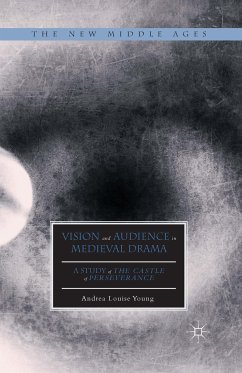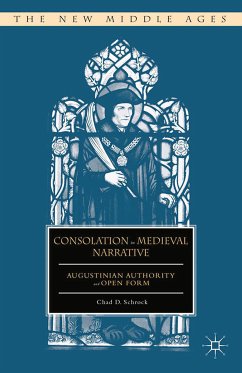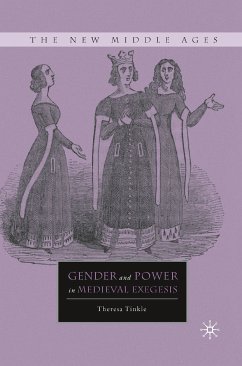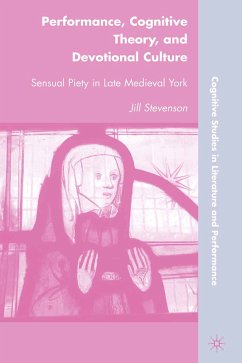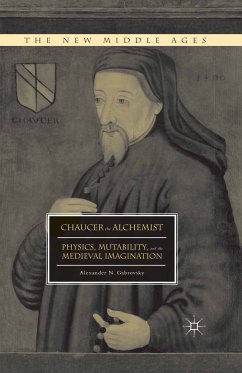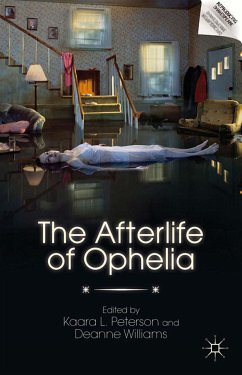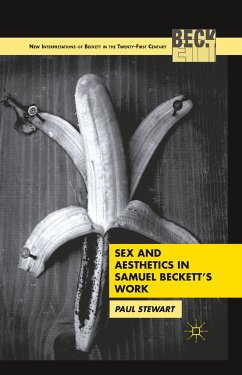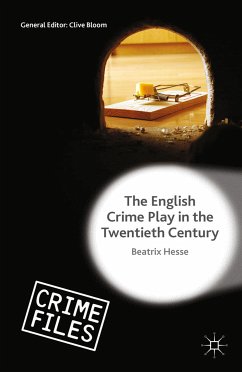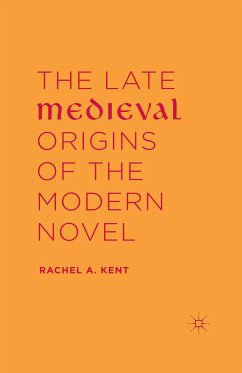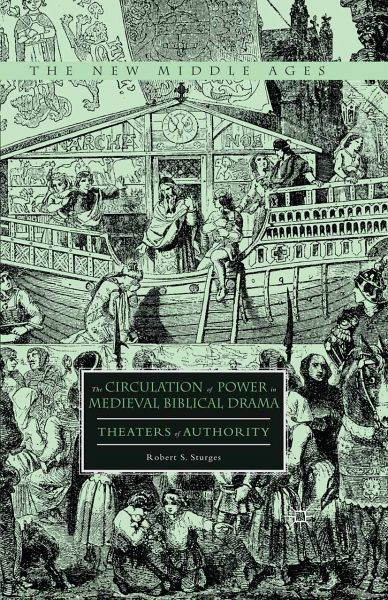
The Circulation of Power in Medieval Biblical Drama (eBook, PDF)
Theaters of Authority
Versandkostenfrei!
Sofort per Download lieferbar
40,95 €
inkl. MwSt.
Weitere Ausgaben:

PAYBACK Punkte
20 °P sammeln!
A literary reading informed by the recent temporal turn in Queer Theory, this book analyzes medieval Biblical drama for themes representing modes of power such as the body, politics, and law. Revitalizing the discussions on medieval drama, Sturges asserts that these dramas were often intended not to teach morality but to resist Christian authority.
Dieser Download kann aus rechtlichen Gründen nur mit Rechnungsadresse in A, B, BG, CY, CZ, D, DK, EW, E, FIN, F, GR, HR, H, IRL, I, LT, L, LR, M, NL, PL, P, R, S, SLO, SK ausgeliefert werden.



